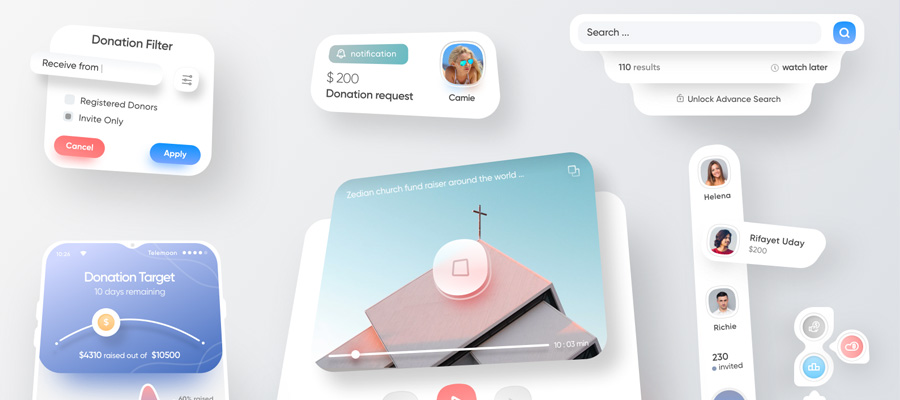When it comes to digital marketing, SEO is one of the most complex areas. SEO has technical components, and it also requires that you optimize beyond the channels you have direct control over. You have to invest accordingly into both on-site and off-site SEO, but what are the differences?

Below is a brief overview of how on-site and off-site compare to one another.
The Basics
Your SEO strategy can be categorized as on-page and off-page. Both are critical to your success, and in some ways, they do work together.
On-page SEO relies on optimizing areas of your website that you control. SEO is about increasing your authority by getting backlinks from other sites.
Basically, on-page SEO is what your site is about and what It contains, and off-page SEO indicates how popular and authoritative your site is.
Sometimes it’s described that what you rank for is based on your on-page SEO and how well you rank is about your off-page factors.
What’s Included in On-Page SEO?
On-page SEO includes those steps you take to optimize your website so that it will rank. Ranking factors can be changed by you.
Some of the main aspects of on-page SEO include:
- Title tags: Your title tags should be included on every page of your site, and they shouldn’t be any more than 60 characters. You want title tags that have keywords, but you don’t want to stuff them, which basically means over-using them.
- Headings: Your headings are important because they guide search engines through your pages. You should have only a single H1 per page, and then your other headers should usually be H2 or H3.
- URL structure: If you already have URLs on your site, don’t change them unless you know what you’re doing. You want to redirect old URLs to new ones rather than just changing them all.
- Alt-text: Alt text is part of your images, and your visitors won’t see this, but search engines will.
- Page speed: The user experience you provide is important to SEO, and as part of that, you want a site that loads quickly.
- Mobile-friendly: Most people are probably accessing your site from a mobile device, so you need to ensure that your pages load well on mobile platforms and that the user experience is maintained.
- Content: Creating content is the best way for your site to rank because this is what search engines “read” to determine whether or not your pages are going to suit the needs of people who are searching for answers.
- Internal links: Link to pages that are on your own website when they’re relevant. You have to make sure the anchor text is, in fact, relevant.
These aren’t the only on-page SEO factors, but they’re some big ones. So what about off-page SEO?
Off-Page SEO
Off-page SEO is the work you’ll undertake to improve how authoritative your site is seen as being. The main way you do this is by getting links back to your site from other sites.
How do you do that?
There are a lot of ways.
Having great content is always a good one because then other sites are going to organically link back to that.
Social media shares help with links so think about how sharable your content is before you create it.
You can also reach out to influencers in your industry to ask them to link to your content, and you can guest blog for sites that are relevant within your niche.

illustration by A D A M A S T O R
With link-building, it’s more important to go with quality over quantity. What this means is that it’s better to have a few links from great sites than a lot of links from spammy sites. You might even be penalized if there are a lot of spam sites linking back to yours.
Is One More Important Than the Other?
It’s common to hear people asking if one is more important than the other when it comes to on-page and off-page SEO.
The reality is that no, they are both equally important, and both work together. It’s tough to have one without the other.
With that being said, your on-page SEO is your foundation. You should focus on having that in place, and then off-page SEO strategies will be easier to implement.
Take the time to learn more about both on-page and off-page SEO, or work with an agency that can do the heavy-lifting for you. You will realize that once you start to get certain elements right, then other parts of your SEO will fall into place.





















